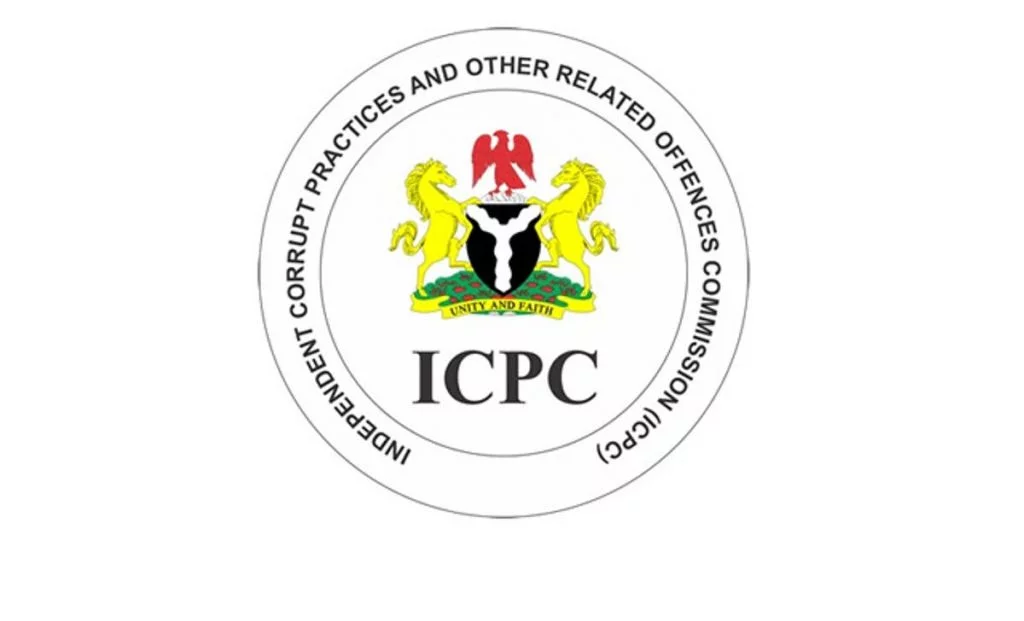A cross-section of Nigerians has challenged the Independent Corrupt Practices and Other Related Offences Commission, ICPC, to practise the culture of naming and shaming indicted corrupt government officials.
Speaking at a roundtable meeting to review the implementation of the National Ethics and Integrity Policy, NEIP, and the Ethics and Integrity Compliance Scorecard, EICS, included religious leaders, Civil Society Organizations, CSOs, lawyers and representatives of the international community.
The stakeholders stressed that until officials found guilty of corruption are brought before the public for name shaming, the ICPC and other anti-corruption agencies in the country will only achieve very little in the war against corruption.
The Director of Al-Habiyyah Islamic Society, Imam Fuad Adeyemi, called on the Commission to publish state by state, ministry by ministry, agency by agency names of corrupt institutions, adding that ICPC should deploy the social media to ensure that such names go viral.
He disclosed that Moslem clerics are being trained to shun corruption and engage in productive ventures to shun grafts from corrupt congregants.
Similarly, the General Secretary of the Christian Association of Nigeria, CAN, Apostle Samson Fatokun, who represented CAN President, Most Reverend, Daniel Okoh, lamented the high level of moral decadence in the country.
While stating that the step taken by the ICPC is in order and would facilitate ethical recovery in the country, he, however, argued that such move must start from the top instead of the grassroots.
Meanwhile, the Nigeria Immigration Service (NIS) has applauded the central role ethics and integrity play in the effective delivery of the institution’s mandate.
According to the chairperson of the Anti-corruption and Transparency Unit, ACTU, of the NIS, DCI, Florence Laira, the service recognizes that the fight against corruption is not the task of one agency but a collective responsibility.
“It is through forums like this that we can engage in meaningful dialogue, share best practices, and work together to ensure that ethics and integrity are deeply ingrained in the culture of every public office.”




